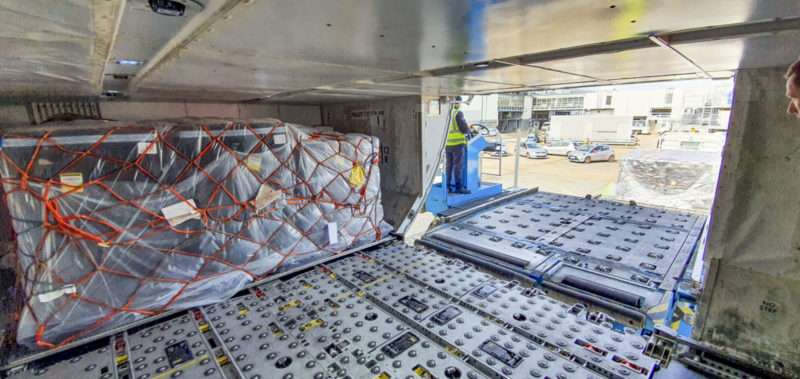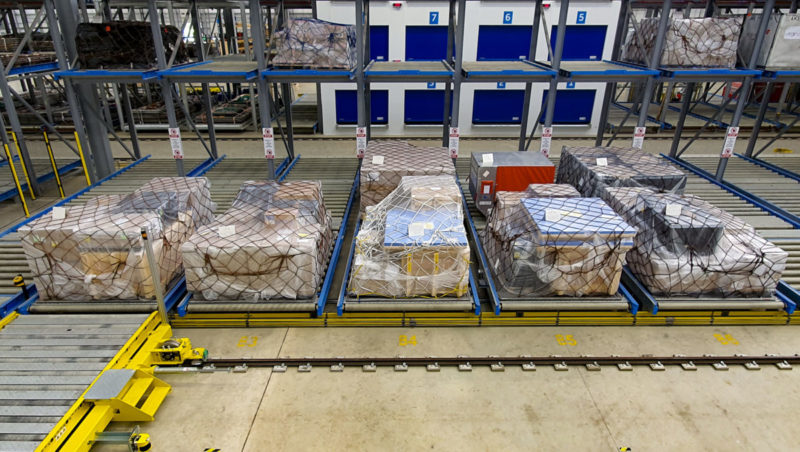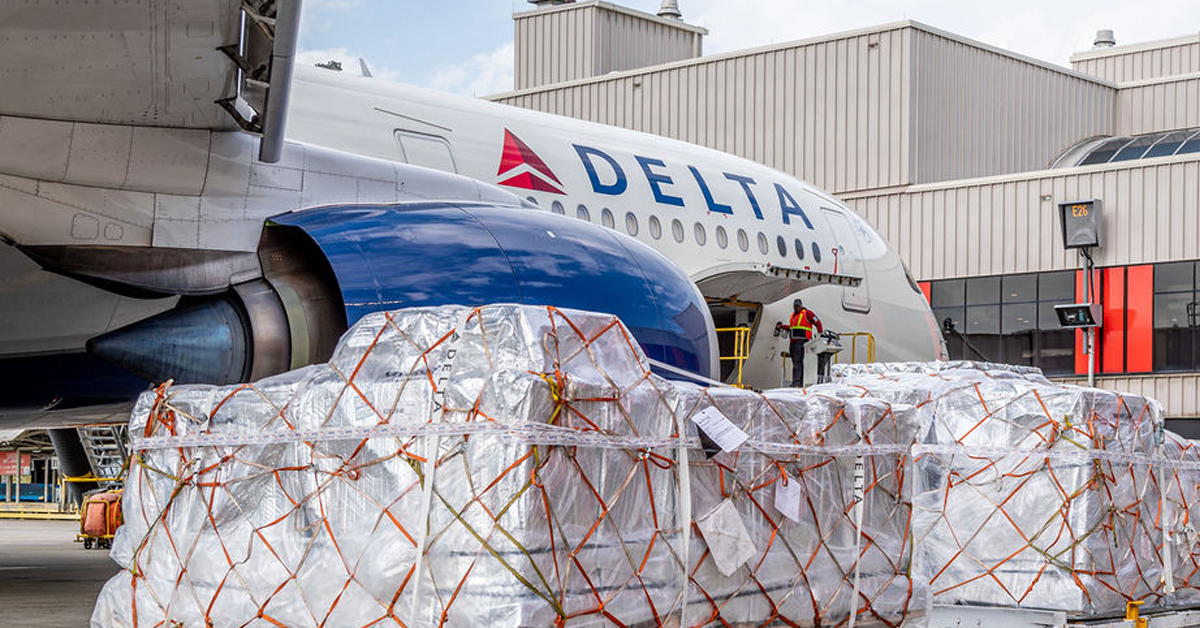The Christmas season is coming and eventually so will COVID-19 vaccines, when they have passed the essential testing procedures. However, the development and production of the vaccine to cure people from COVID-19 is only half the battle.
The bigger problem will be the global distribution of the 16 billion vaccine doses on an unimaginable scale (equivalent to 8,000 Boeing 747 all-cargo flights) and aviation will have an important part in this global challenge, since there is no single nation on earth that has been unaffected by the COVID-19.
According to the IATA, this is expected to be the largest airlift of a single commodity ever. Over a half of global vaccine doses (8 billion) are expected to be transported by air cargo freight, just because of its speed and reliability.
The pandemic has caused disruptions to global pharmaceutical supply chains, due to airfreight capacity challenges arising from lockdowns in countries and the suspension of passenger flights. Fortunately, some organisations are stepping up to the plate; in making sure that the best possible logistical arrangements are in place, in advance of vaccine certification and the shipping of the vaccines afterwards. However, the challenge is enormous; the intervention status of global authorities in the coordination process is still pending.
The Role of Airports and Suppliers
As of today, the production of the vaccine is expected to start by the end of this year (2020) and reach its peak in the second quarter of 2021 (April – June). Cooperation with industry bodies worldwide in the distribution process of the vaccine doses is essential. Airports across the globe must begin to assess how they might be part of this enormous distribution exercise. At airports in developing countries, security will be an important aspect of handling the distribution and transportation of the vaccine across the country.

A Quality Management System to oversee specialist processes, management oversight and the delivery of KPIs is essential in this case. The company’s global security operation centres, with their implemented security infrastructure at airports such as security fencing, restricted access to pharmaceutical zones, 24/7 coverage via CCTV and intrusion alarm systems, will play a crucial part in the entire process, together with the ground handling processes.
Apart from the security, temperature requirements for the transportation of the COVID-19 vaccine will also be of paramount importance. According to the World Food Programme, the global freight market is experienced in the transportation of vaccines in the 2 to 8 Grad Celsius range; however, vaccine doses require another level of cooling, as low as -80 Grad Celsius. It leads to another level of challenge in the transportation process for air cargo players. The close collaboration between the World Food Programme, airlines, forwarders and logistics providers is therefore essential. Solutions to theses challenges are required and the preparedness of the Pharma handling capability has to be ensured. Plans for additional capacity, where needed, will also need to be devised.

Break the Anachronistic Airline System
In order to ensure the rapid dissemination of vaccines we need the airlines to be helping out. However, there is another key challenge ahead of us: the anachronistic airline system. Obviously the often nonsensical barriers, created by governments to make air services from country A to country B more complex, is one of the major weaknesses in aviation. Thus governments across the globe need to move mountains first, to remove as many barriers as possible to ensure this major challenge is a success.
The regulatory aspects of airline operations need to be reviewed and improved now, because governments need to realise that air cargo is a very essential part of the fight against COVID-19. Therefore action must be taken prior to the kick-off of the distribution and transportation of the vaccine doses. Air cargo operations must be excluded from any travel restrictions, in order to ensure transport of the life-saving medical products without disruption.
Standardised measures have to be in place at the beginning, so that air cargo can move around the world with minimal disruption. The crew members (air cargo) must be exempted from the 14-day blanket quarantine requirements, partly because they do not interact with the public in certain countries. Last but not least, economic impediments (e.g. overfly charges, parking fees at airports and slot restrictions) should be removed.
Final Thoughts
The entire aviation industry undoubtedly will play an important part in the world’s attempt to eradicate the COVID-19 virus. Thus they have to realise the massive logistical challenges ahead of them, when the life-saving vaccines are ready, for the distribution to almost eight billion people worldwide with quality, reliability and agility. The distribution of the vaccine will take the entire aviation industry to a whole new level. The big players in the Middle East could also play a major role in this mammoth project, thanks to their geographical advantages and the infrastructure at their hub airports.




